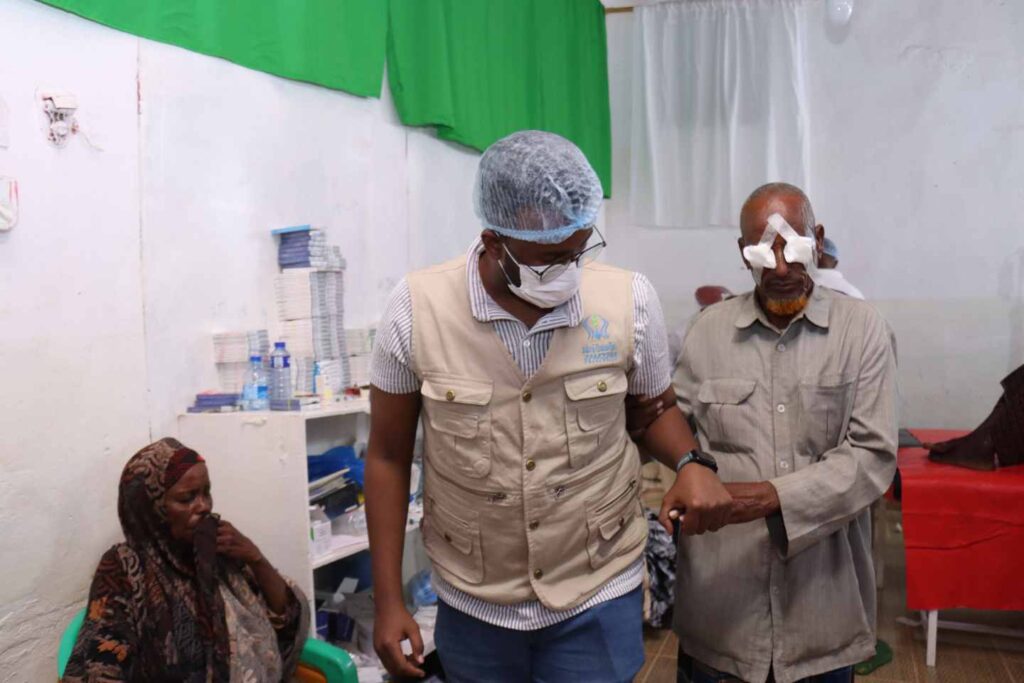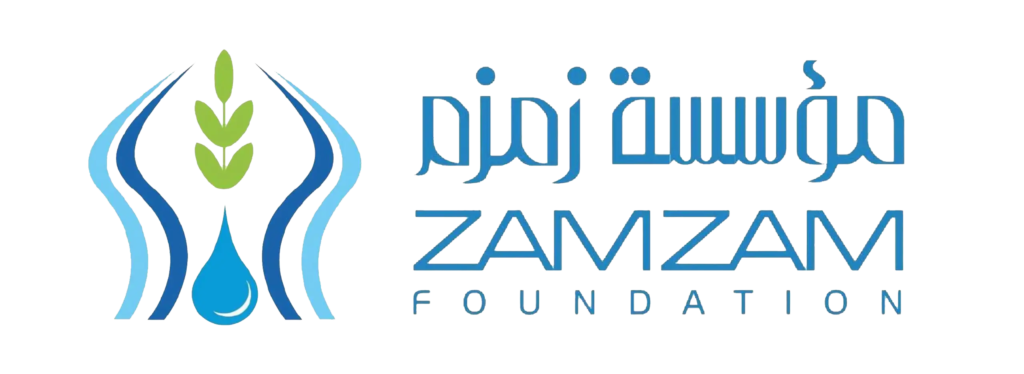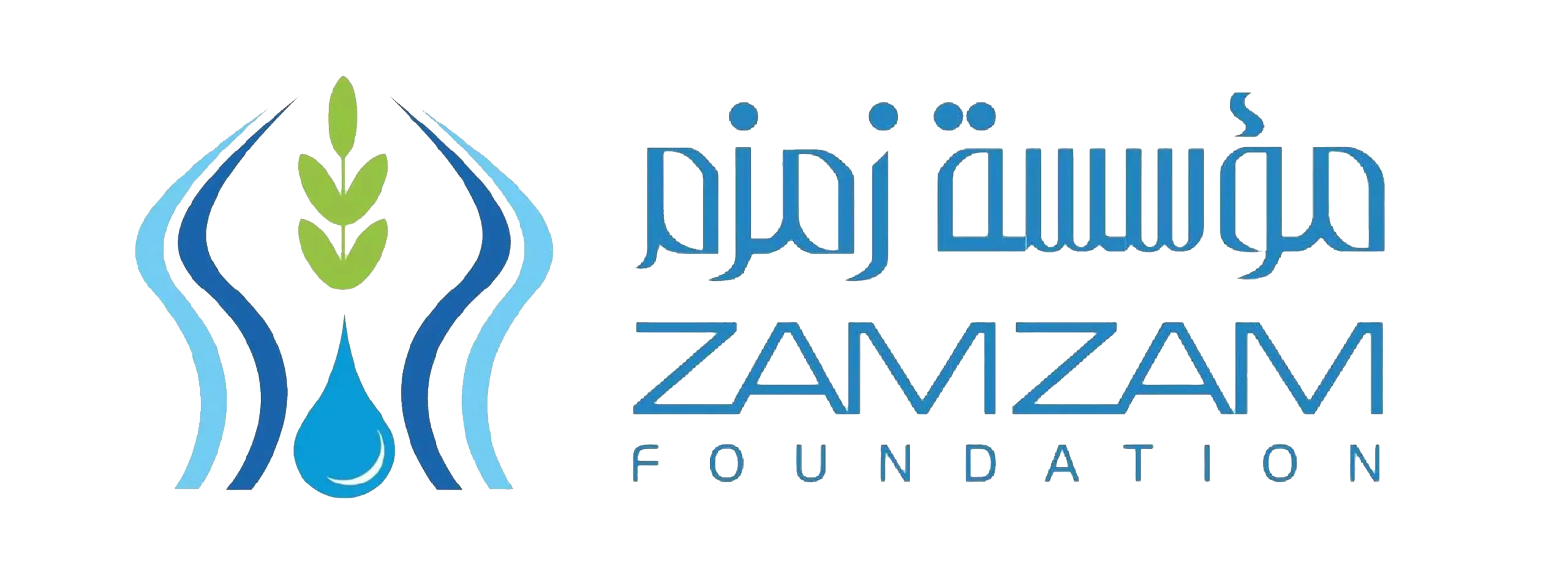
Introduction
Access to healthcare is a fundamental human right, yet for many people in Northern Kenya, quality healthcare remains out of reach. Rural communities often face challenges such as lack of healthcare infrastructure, insufficient medical personnel, and financial barriers that prevent them from receiving the care they need. The Zamzam Foundation, a leading nonprofit organization in the region, is committed to bridging this healthcare gap and ensuring that every individual, regardless of their socio-economic status, has access to comprehensive healthcare services.
The Importance of Healthcare in Community Development
Healthcare is a critical component of community development. Healthy individuals can participate in education, work, and community activities, contributing to the overall well-being and economic stability of their communities. Conversely, poor health can lead to a cycle of poverty, where illness limits opportunities for education and employment, further entrenching communities in poverty. Zamzam Foundation recognizes the pivotal role of healthcare and has prioritized it as a key focus area in its mission to uplift Northern Kenya.
Comprehensive Healthcare Services: A Holistic Approach
Zamzam Foundation’s healthcare initiatives are designed to cater to the diverse needs of the communities it serves. From general medical services to specialized care, the Foundation provides a wide range of healthcare solutions. Mobile medical clinics are deployed to remote areas, ensuring that even the most isolated communities have access to medical care. These clinics offer services such as vaccinations, maternal and child health care, and treatment for common illnesses. Additionally, Zamzam Foundation partners with local health facilities to enhance their capacity and improve the quality of care provided.
Specialized Programs: Addressing Specific Health Needs
In addition to general healthcare services, Zamzam Foundation implements specialized programs to address specific health needs. Maternal and child health is a priority, with programs focused on prenatal care, safe deliveries, and postnatal support. By educating mothers on nutrition and child care, the Foundation helps reduce infant and maternal mortality rates. Another significant program is the fight against malnutrition. Through community-based interventions, the Foundation provides nutritional support and education to combat malnutrition among children and vulnerable populations.
Hygiene and Sanitation: The WASH Program
Recognizing the critical link between hygiene, sanitation, and health, Zamzam Foundation has integrated Water, Sanitation, and Hygiene (WASH) initiatives into its healthcare programs. Access to clean water and proper sanitation facilities is essential for preventing waterborne diseases and promoting overall health. The Foundation constructs wells and boreholes, ensuring sustainable access to clean water. Additionally, hygiene education campaigns teach community members the importance of handwashing, safe water storage, and proper sanitation practices.
Impact and Success Stories
The impact of Zamzam Foundation’s healthcare initiatives is evident in the improved health outcomes of the communities it serves. For example, in the Turkana region, the introduction of mobile clinics has significantly reduced the incidence of preventable diseases such as cholera and typhoid. Similarly, the maternal health programs have led to a marked decrease in maternal and infant mortality rates. These successes underscore the importance of accessible healthcare and the transformative role it plays in community development.
Challenges and Future Goals
Despite the significant progress made, challenges remain. Limited resources, geographic barriers, and cultural beliefs can hinder the delivery of healthcare services. Zamzam Foundation is committed to addressing these challenges by expanding its healthcare outreach, improving infrastructure, and fostering partnerships with government agencies and international organizations. The Foundation’s future goals include enhancing healthcare infrastructure, expanding maternal and child health services, and continuing the fight against malnutrition and preventable diseases.
Conclusion
Zamzam Foundation’s dedication to providing comprehensive healthcare is a cornerstone of its mission to uplift the most vulnerable communities in Northern Kenya. By addressing both immediate health needs and long-term health challenges, the Foundation is helping to build healthier, more resilient communities. As Zamzam Foundation looks to the future, its commitment to health for all remains unwavering, ensuring that every individual has the opportunity to lead a healthy and fulfilling life.

